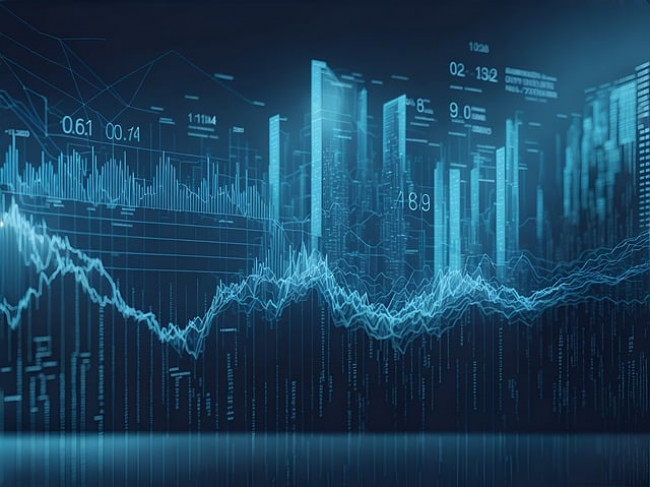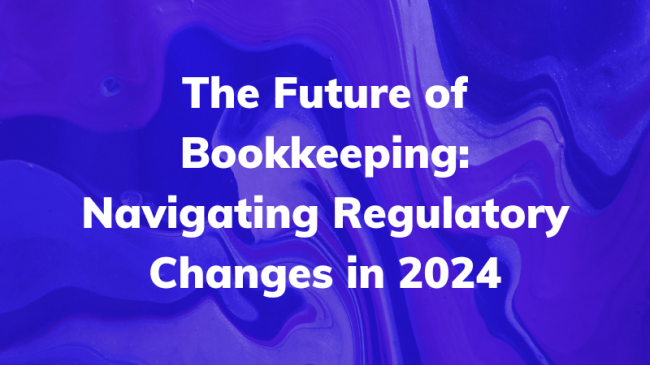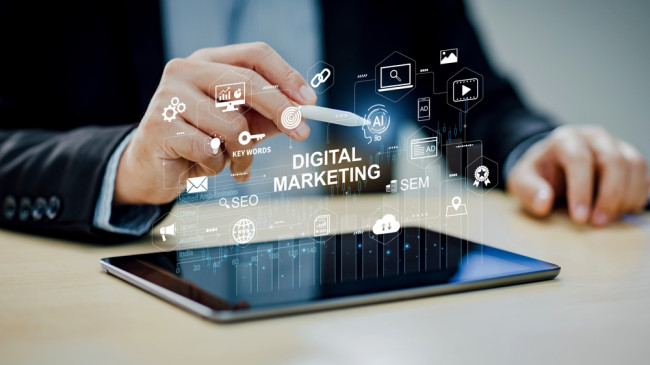In today's digital age, accounting software has become essential for businesses of all sizes. Whether you're a small business owner or managing finances for a large corporation, accounting software simplifies tasks, helps maintain accurate records, and enables efficient financial reporting. However, with the rise of cloud-based solutions and increased reliance on digital platforms, data security concerns have come to the forefront. Business owners often ask, "How secure is my data with accounting software?"

Why Is Data Security Important in Accounting Software?
Before diving into the security measures offered by accounting software, it's important to understand why data security is crucial in the first place. Financial data is sensitive and highly valuable. It contains confidential information such as:
- Personal identification information (PII) of employees and clients
- Bank account details and credit card information
- Transaction histories
- Tax filings
- Internal financial statements and projections
A data breach can lead to serious consequences, such as financial loss, legal ramifications, and reputational damage. For businesses, ensuring that their accounting software is secure is not just about protecting their data—it's about safeguarding their trust with clients and stakeholders.
How Do Accounting Software Providers Protect Your Data?
The leading accounting software providers prioritize data security and employ several techniques to ensure that your data remains protected.
1. Encryption
Most modern accounting software solutions use encryption to protect data both at rest (when stored in the cloud or on servers) and in transit (when being transmitted over the internet). Encryption transforms readable data into an unreadable format, ensuring that only authorized users can access it.
For example, QuickBooks and Xero utilize 256-bit SSL encryption, which is the same level of security used by banks. This ensures that even if data is intercepted, it would be unreadable to unauthorized parties.
2. Two-Factor Authentication (2FA)
Two-factor authentication adds an extra layer of protection by requiring users to provide two forms of identification before accessing their accounts. This could be a password combined with a one-time code sent to a mobile device or email.
By implementing 2FA, accounting software providers like FreshBooks reduce the risk of unauthorized access, even if someone manages to steal a user’s login credentials.
3. Data Backup and Recovery
Reputable accounting software solutions perform regular backups of your data, ensuring that even if there's a cyberattack, system failure, or other disruption, your financial data can be restored.
Most cloud-based platforms offer automated daily backups, and some, like Wave and Zoho Books, provide users with the option to create additional backups manually. In the event of a disaster, these backups ensure that your data is safe and can be recovered with minimal downtime.
4. Access Controls and User Permissions
One of the key features of modern accounting software is the ability to set different access levels for users. This means you can control who has access to specific areas of the software and what actions they can perform.
For instance, in QuickBooks Online, you can assign user roles such as administrator, standard user, or reports-only access. By limiting access to only those who need it, you reduce the risk of unauthorized changes or data breaches from within your organization.
5. Audit Trails
Audit trails are essential for tracking all activities within the accounting software. Every transaction, data entry, or modification is logged with details such as the user who made the changes, the time, and the nature of the change.
This feature is invaluable for identifying suspicious activities, ensuring accountability, and complying with regulatory requirements. Most accounting software platforms, including Sage and Xero, offer built-in audit trails that allow you to monitor all activities.
6. Compliance with Regulatory Standards
Top accounting software providers comply with international and regional data protection standards, such as:
- General Data Protection Regulation (GDPR) in the European Union
- The Health Insurance Portability and Accountability Act (HIPAA) in the United States
- ISO/IEC 27001 certification for information security management
By adhering to these regulations, accounting software providers ensure that they meet the highest standards for data protection and privacy.
Potential Risks to Watch Out For
While accounting software providers take extensive measures to secure your data, no system is completely immune to risks. Understanding these risks can help you take additional steps to safeguard your financial information.
1. Phishing Attacks
Phishing is a common cyberattack where malicious actors attempt to steal sensitive information by posing as legitimate organizations. They may send fraudulent emails or create fake websites that mimic trusted accounting software providers to trick users into entering their login credentials.
2. Weak Passwords
Even with encryption and two-factor authentication in place, weak passwords remain a common vulnerability. Using simple passwords or reusing them across multiple platforms can increase the likelihood of unauthorized access to your accounting software.
3. Outdated Software
Using outdated versions of accounting software can leave your system vulnerable to security flaws and bugs. Most providers release regular updates and patches to address vulnerabilities, so keeping your software up to date is crucial for maintaining security.
4. Insider Threats
Insider threats occur when someone within your organization intentionally or unintentionally compromises data security. This could be due to malicious intent, carelessness, or lack of training on security protocols.
Tips for Safeguarding Your Data
While accounting software providers offer numerous security features, users also have a role to play in protecting their data. Here are some best practices you can implement:
Use Strong, Unique Passwords: Ensure that all users have strong, unique passwords for their accounts. A good password should contain a combination of uppercase letters, lowercase letters, numbers, and special characters.
Enable Two-Factor Authentication: If your software provider offers two-factor authentication, enable it for an added layer of protection.
Regularly Update Your Software: Always update your accounting software to the latest version to take advantage of security patches and improvements.
Limit User Access: Only grant access to essential personnel and regularly review user permissions to ensure that employees only have access to the data they need for their roles.
Backup Your Data: Regularly back up your data to ensure it can be recovered in the event of an attack or system failure.
Frequently Asked Questions (FAQs)
1. Is cloud-based accounting software more secure than desktop software?
Cloud-based accounting software is generally considered more secure because providers invest heavily in security infrastructure, including encryption, regular backups, and compliance with regulatory standards. However, desktop software can also be secure if it's regularly updated and used with appropriate safeguards, like strong passwords and firewalls.
2. Can my accounting software provider access my financial data?
Reputable accounting software providers have strict privacy policies in place and do not access or share your data without your consent. However, they may collect anonymized data to improve their services.
3. What should I do if I suspect my accounting software has been compromised?
If you suspect a security breach, change your passwords immediately and contact your software provider's support team. You may also want to review recent activity in the audit trail to identify any unauthorized actions.
4. Is two-factor authentication really necessary?
Yes, two-factor authentication significantly improves security by adding an extra layer of protection. Even if someone obtains your password, they won’t be able to access your account without the second factor (such as a code sent to your phone).
Conclusion
Accounting software providers take data security seriously, offering features like encryption, two-factor authentication, and regular backups to protect your financial data. However, it's also important for users to implement best practices such as using strong passwords, enabling two-factor authentication, and keeping software up to date.
By working together with your software provider and taking proactive steps, you can ensure that your data remains safe, secure, and protected from potential threats.













